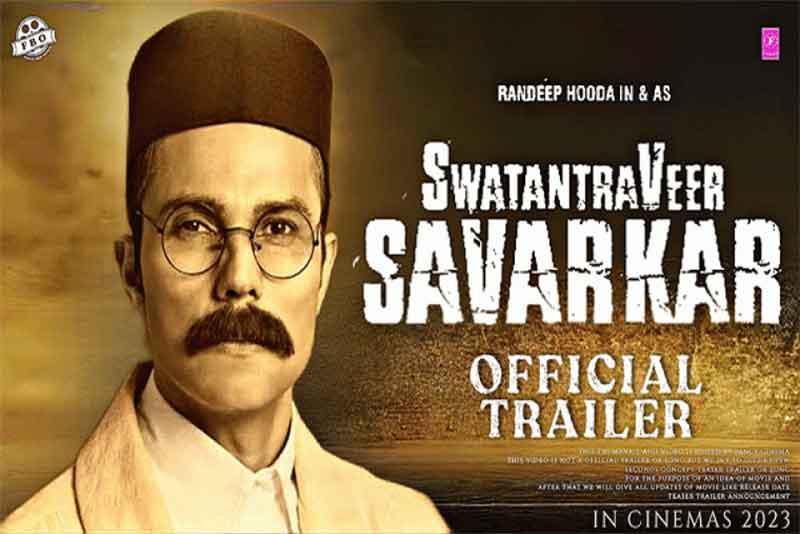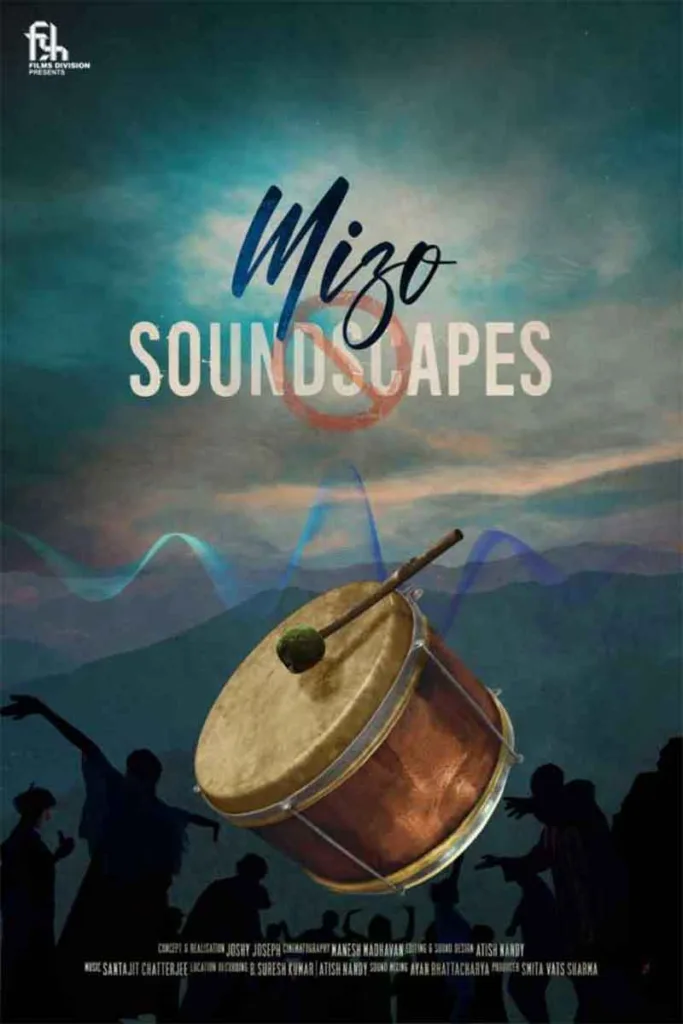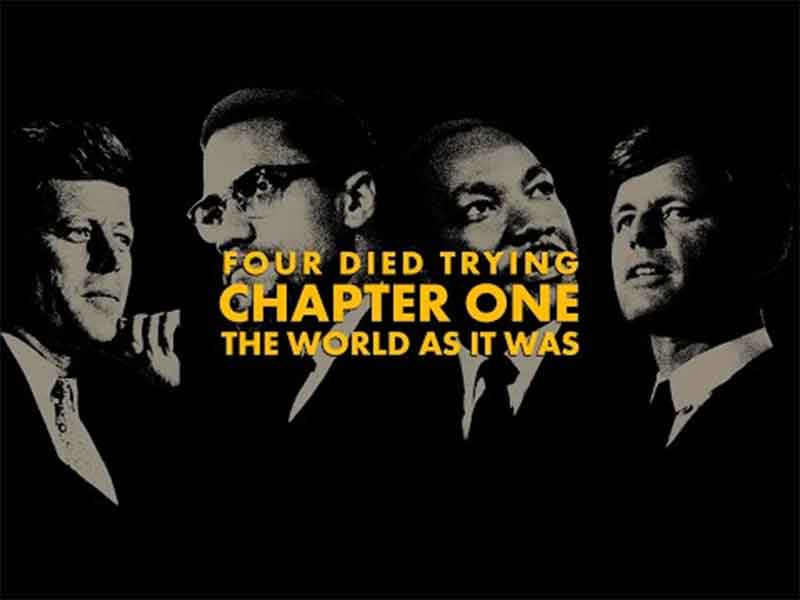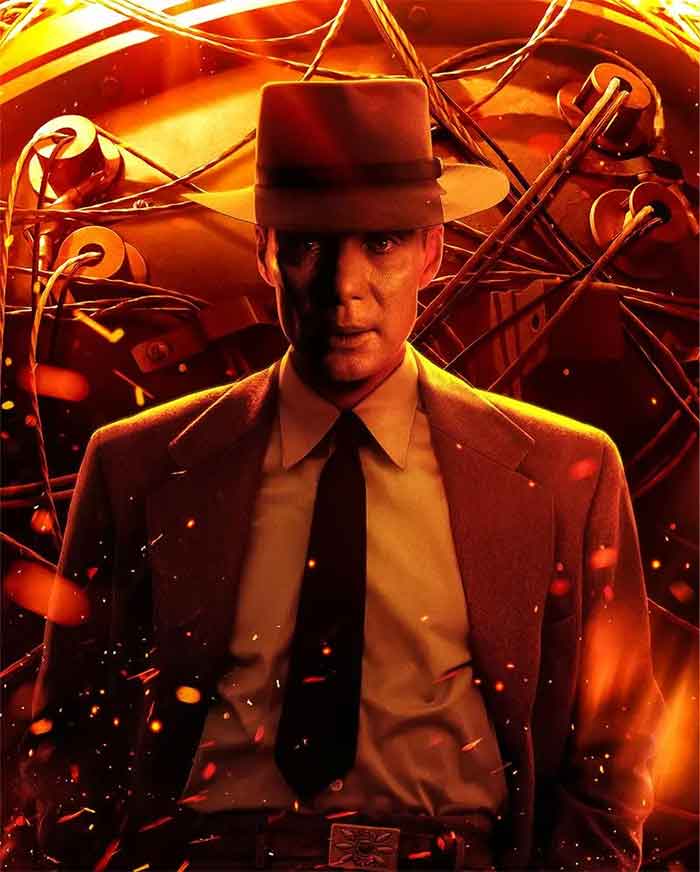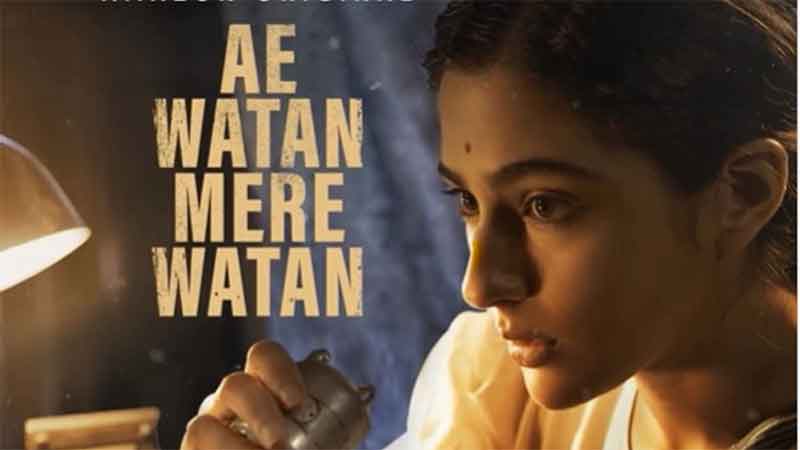
We, a few comrades of Delhi, used to organize an annual program in the memory of Allah Baksh under the auspices of Samajwadi Manch. On the suggestion of Anil Nauria, the first program was organized in Queen’s Park (opposite New Delhi Railway Station) in 1995 or 96. There was a special reason for this. When the Muslim League passed the Pakistan Resolution in March 1940, Allah Baksh, who was the Premier of Sindh province, organized an anti-partition conference in the same Queen’s Park in April 1940. Allah Baksh was not a Congressman. He was the leader of the United Party, and a true supporter of Indian nationalism. Maulana Abul Kalam Azad has praised that conference in ‘India Wins Freedom’.
The Quit India Movement began in August 1942 and Churchill delivered a speech full of contempt towards the people of India in the British Parliament on 10 September. Allah Bakhs returned all the honours of the British Raj by writing a letter to Churchill in protest against his speech. On 16 October he was removed as Premier despite his majority in the Assembly, and he was assassinated on 14 May 1943. We had invited veteran Gandhian Usha Mehta as the chief guest in the program. We could get her consent only after being asked once. I had the rare opportunity to sit and talk with her for about two hours.
As I came to know that the film ‘Ae Watan Mere Watan’ (by producer Karan Johar, director Kannan Iyer, and joint writers Darab Farooqui and Kannan Iyer) is based on the life of Usha Mehta, I wanted to watch the film. I do not find myself competent enough to comment on the film from the point of view of cine-art. However, I would like to discuss the film in the context of its contents and some of the episodes and characters which represent the contents of the film.
There are five things I liked about this film, which contains some poignant and symbolic scenes. First, the title of the film is written in Persian (Urdu) script along with Nagari (Hindi) and Roman (English) scripts. These days in most of the films the tradition of writing titles in Urdu has been abandoned. The beautiful Hindustani language of Hindi films and songs has also been on the decline in the last two decades.
Second, Usha Mehta (Sara Ali Khan) and other characters do not seem to have entered the film’s arena under any propaganda designs. There may be differing opinions on how much they have been able to absorb the historical period while playing their roles, and how effectively they have played their characters. But they all seem free from the shadow of hyperbolic nationalism currently prevalent in the country. This is a good Gandhian message nuanced by the film.
Usha is the young daughter of Hariprasad Mehta (Sachin Khedekar), a Judge in the British Raj. Usha’s historical biography is interwoven with certain personal life episodes. Despite being trapped in the deep conflict between patriotism and paternal love, she dedicated herself to patriotism. It seems as if she is in competition with his close friend and staunch Lohiaite Fahad (Sparsh Srivastava) on the path of patriotism. Usha, a 22-year-old student, also wants to take her love affair with Kaushik (Abhay Verma) to a higher level of patriotism. Her aunt (Madhu Raja) also adopts the mantra of ‘do or die’ after observing the commitment of Usha and her companions. Overwhelmed by Usha’s sacrifice and fame, her father also admires her. After her release from Yervada Jail in 1946, about 20 thousand people gathered at the station to welcome her.
Usha, Firdous Engineer (Anand Tiwari), Fahad and Kaushik undertake the extremely risky task of broadcasting underground Congress Radio for about three months. The broadcast of Congress Radio became a phenomenon within the first few days. Dr. Ram Manohar Lohia (Emraan Hashmi) comes and meets the broadcast team and joins them. Jayaprakash Narayan’s biographer Prof. Bimal Prasad used to say that ‘Lohia was a leader of youth. The seniors remained troubled by him.’ With his first entry into the film, Lohia becomes friendly with the young revolutionaries. Emraan Hashmi, who plays the character of Lohia, has brought out this aspect of his personality very well.
The radio broadcasting is done in Hindustani and English from different places in Bombay, to avoid the police. Influenced by Gandhi since childhood, Usha has faith in a non-violent mode of resistance to injustice. But does not shy away from any risk or sacrifice. She has been portrayed as a fearless true Gandhian in the film. When the British officer slaps Usha before arresting her, there is no expression of revenge on his face. One day she asks Lohia whether we are moving away from Gandhiji’s path of non-violence? Lohia’s “philosophical” reply does not satisfy her. However, she kept mum.
In fact, during the Quit India Movement the question of violence and non-violence arose with intensity. JP had issued two long letters on this contentious subject to the ‘soldiers of freedom’ from unknown places in December 1942 and September 1943. Although the genre of film does not have the scope for long debates like the genre of novel, the debate between Usha and Lohia could have been extended to at least four-five dialogues. Because apart from the philosophical aspect of the question of violence-non-violence, there was also the ground question of the violent incidents taking place in the movement.
Viceroy Linlithgow accused the Congress leaders of planning an armed rebellion, and the public of indulging in violent activities. The Viceroy was trying to show that British rule was a very just system, and the Congress and the Indian people opposing it were violent and anarchic. In a letter written to the Viceroy from jail, Lohia denied all the allegations and highlighted the horrific atrocities of the British rule on the unarmed people. He said that while suppressing the movement, many Jallianwala Bagh happened in the country, but the people of India displayed divine courage and fought non-violently for their freedom. Lohia also termed the Viceroy’s statement as wrong in which he said that less than one thousand people were killed in the movement. Lohia challenged the Viceroy that he had actually killed fifty thousand patriots. Lohia wrote in the letter, “If we had planned an armed insurrection and our crowds were asked to resort to violence, believe me Linlithgow, Gandhiji would today have been securing a reprieve for you from the free people and their government.”
Back to the film, Usha makes the last important broadcast of Congress Radio, in which Lohia, in his recorded speech, calls upon the countrymen to ‘bharat roko‘ i.e. halt everything. Usha got arrested in the final moments of the broadcast. The police ask her about Lohia’s hideout while in captivity. She does not provide any information despite barbaric police atrocities. The torture of Usha Mehta shown in the film indicates how the British police would have treated Lohia after his arrest!
Third, the team of the film knows its focus and range very well. Gateway to India’s Independence the Quit India Movement is an epic event in the history of Indian freedom struggle. It has many complex aspects at the national and international level. Doing justice to all of them and including them in totality is possible only in an epic art-work. The team of the film knows they are setting out to depict only one spark of an epic event. That spark is Usha Mehta and her young comrades. Gandhi and Lohia appear in the film; But the film belongs to Usha Mehta and the young revolutionaries from beginning to the end. Congress Radio emerges as an independent character in the film. But being Usha’s brain-child, it becomes an extension of her personality.
Fourth, the team has made the film with a positive perspective. An objective history of the Quit India Movement has not been written so far. The movement had been a subject of controversy within the Congress itself since the days of its preparations. When the call was given from Gowalia Tank Maidan on 8th August, only the British were not active in suppressing the movement. There were many forces who were opposing the movement and were spying on the revolutionaries in favour of the British. I found it a good thing that all such elements are not mentioned in the film.
Fifth and most importantly, I felt that the film conveys the basic message of the epic event of the Quit India Movement through the portrayal of a spark. To borrow Lohia’s words, the basic message happened to be “an explosion of Indians’ will to freedom”. It is even more remarkable that a young woman has become the medium of this message. Further, the film quietly presents an inspiring lesson in feminism. Sara Ali Khan has brought this lesson too to life.
A few such films should keep coming among propaganda films. However, it is surprising that kujat gandhivadi (heretic Gandhian) Lohia, who was ostracized from the world of pro-English intelligentsia, has been given so much space in a mainstream cinema movie for the first time!
Prem Singh is Associated with socialist movement the author is a former teacher of Delhi University and a fellow of Indian Institute of Advanced Study, Shimla

